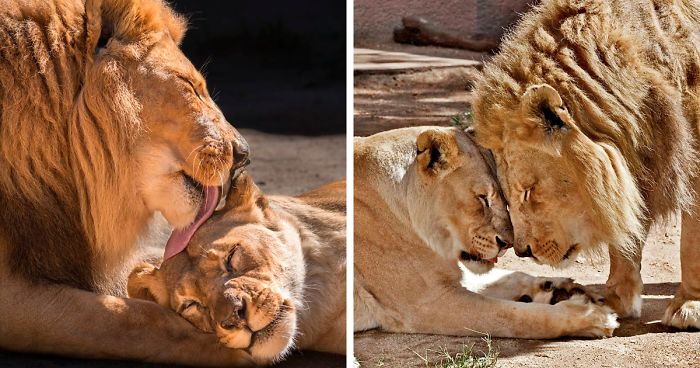
Elderly Lion Couple That Were Soulmates Are Put To Sleep At The Same Time So Neither Has To Live Alone
Last Thursday, the Los Angeles Zoo announced that animal care and health staff had made the difficult decision to put two of their lions to sleep at the same time. 21-year-old soulmates Hubert and Kalisa were euthanized “due to their declining health and age-related illnesses that had diminished their quality of life.”
Hubert was born in Chicago, at Lincoln Park Zoo, and Kalisa came from Woodland Park Zoo in Seattle. They met after they were transferred to Los Angeles Zoo in 2014. Since then, they had been completely inseparable from one another.
More info: lazoo.org | Facebook | Instagram
Image credits: Los Angeles Zoo and Botanical Gardens
Image credits: Los Angeles Zoo and Botanical Gardens
LA Zoo spokesperson Beth Schaefer said Hubert and Kalisa had a clear and strong bond with each other that was undeniable by guests and staff alike. “These lions were charismatic both together as partners and separately, but they were hardly ever apart from one another,” Schaefer told Bored Panda in a statement.
Image credits: Los Angeles Zoo and Botanical Gardens
Image credits: Los Angeles Zoo and Botanical Gardens
According to Schaefer, the couple’s undivided attention was always on the other as they rested together, cuddled, and nuzzled often.
“We have been touched by the community who have shared their fond memories of Hubert and Kalisa with us on social media. The pair’s love for one another created a deeper connection with our guests and incredible empathy, which we have seen through the outpouring show of support from our guests.”
Image credits: Los Angeles Zoo and Botanical Gardens
Image credits: Los Angeles Zoo and Botanical Gardens
Lions that live in captivity make often make it to the age of 20-25 years, while the life expectancy of a lion living in the wild is about 12-16 years of age.
There are multiple reasons for this disparity.
For example, they don’t have to watch out for predators while spending their days in captivity. While the biggest predator to lions is people, these majestic animals also have to watch out for cheetahs and hyenas, who can steal their food.
Also, lions don’t have access to medical care when they’re out in the wild. If they cut or break their paw, they will end up suffering. Lions in zoos, on the other hand, will get immediate medical attention if anything happens to them.
Another factor is environmental issues. Lions in the wild depend solely on nature for their well-being. But if there’s a drought, there won’t be water or food sources available for them. Captive lions, however, don’t have to deal with these problems as their living space will always remain the same and zookeepers will give them plenty of food and water.
Image credits: Los Angeles Zoo and Botanical Gardens
Here’s what people said about the majestic couple
Such beautiful lions, even in advanced years. While the LA Zoo is a fine zoo, I wish they could have roamed in an environment like Lion Country Safari. Nos their spirits roam free.
Don't forget factory farms, fur farms, labs, animal circuses...
Load More Replies...Such beautiful lions, even in advanced years. While the LA Zoo is a fine zoo, I wish they could have roamed in an environment like Lion Country Safari. Nos their spirits roam free.
Don't forget factory farms, fur farms, labs, animal circuses...
Load More Replies...
 Dark Mode
Dark Mode 

 No fees, cancel anytime
No fees, cancel anytime 






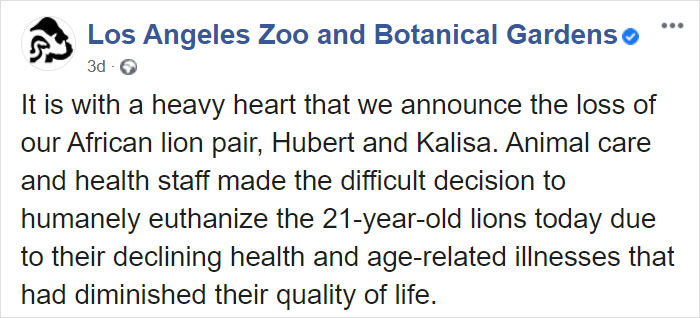
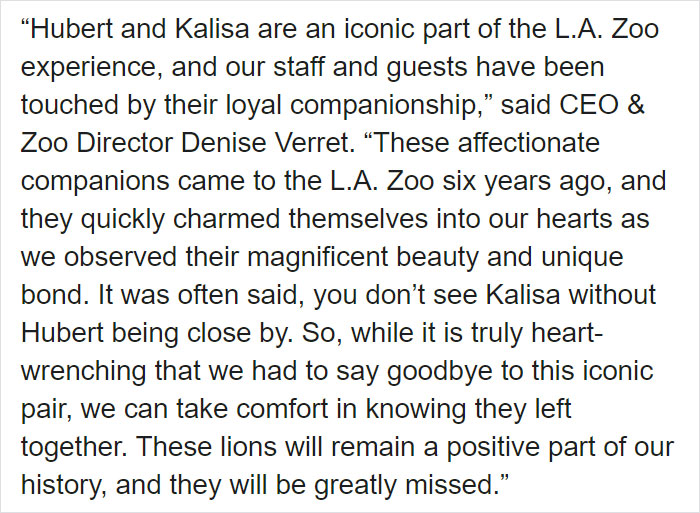
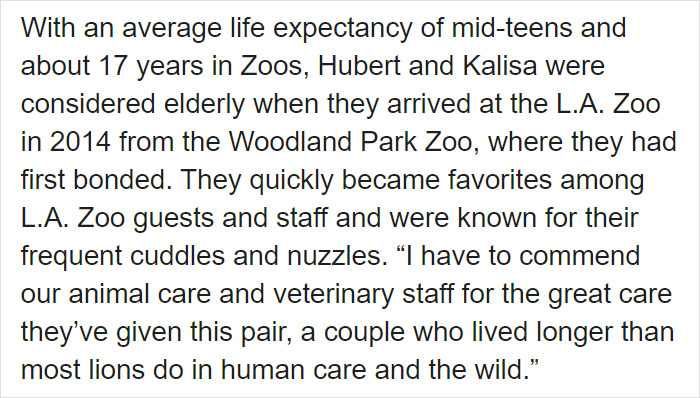

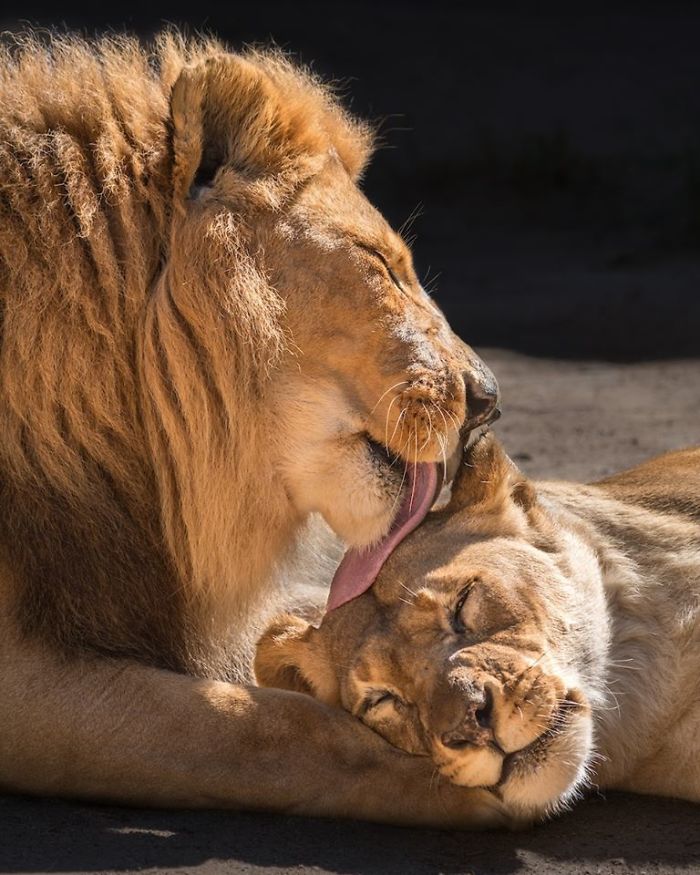
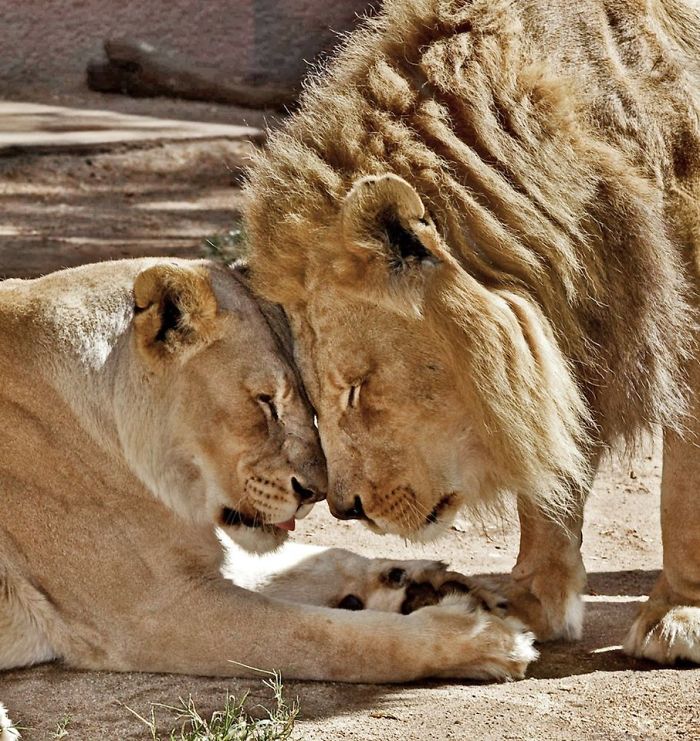
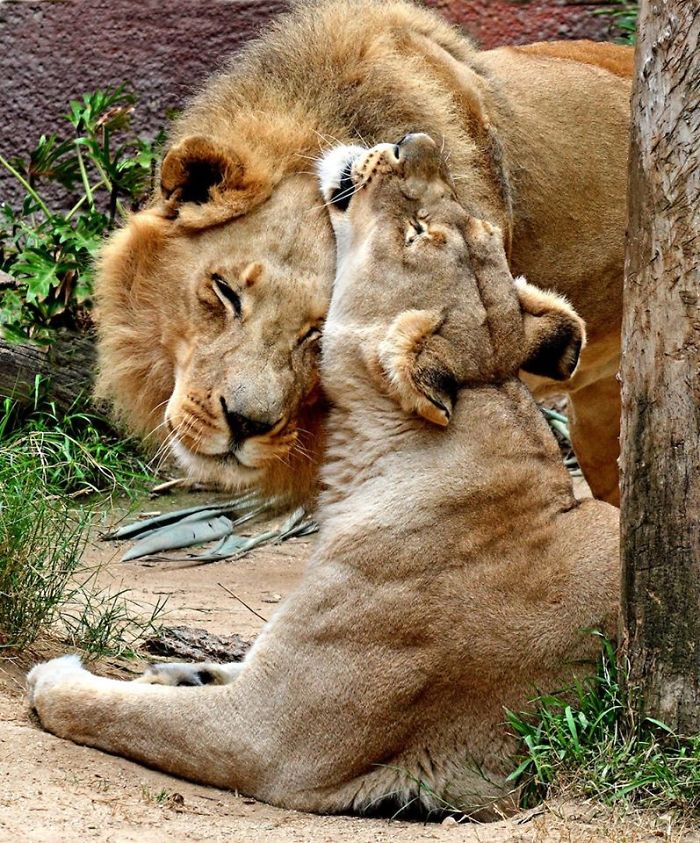
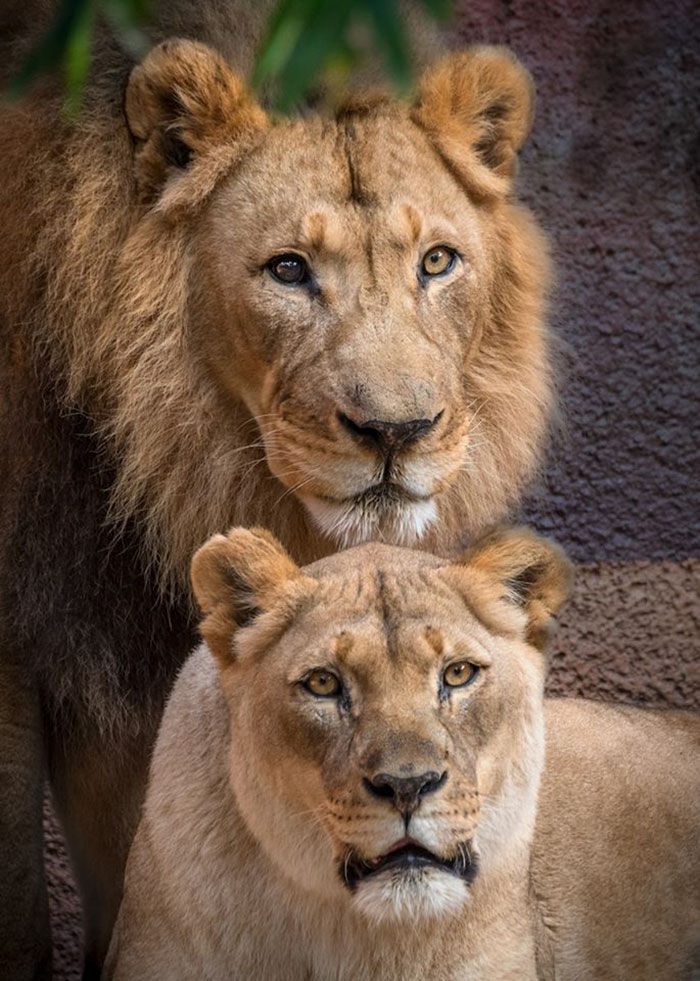
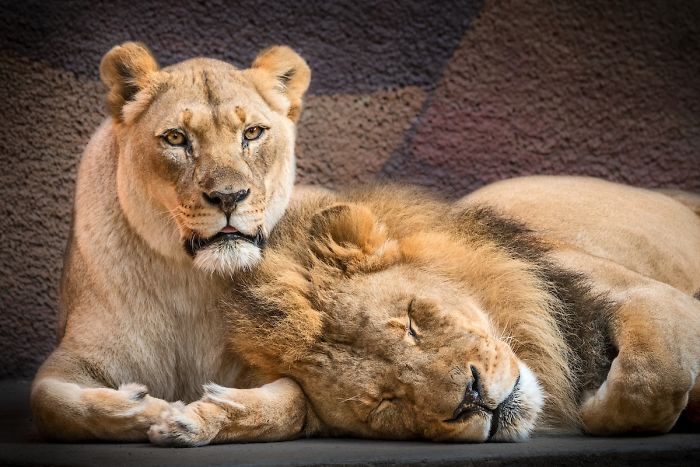
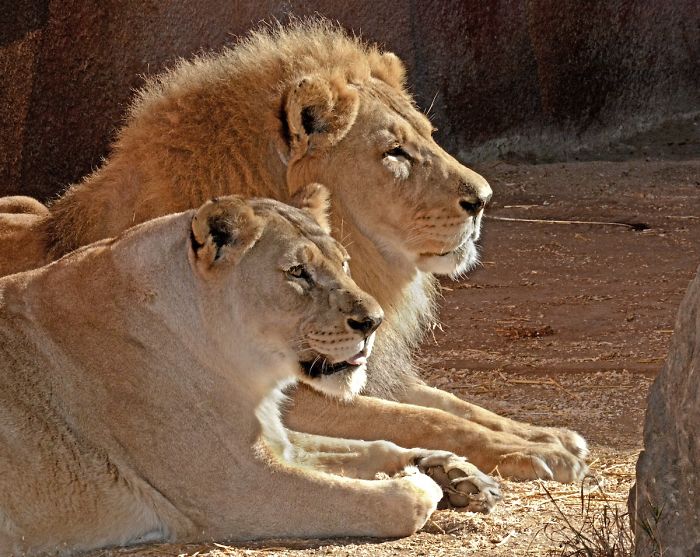



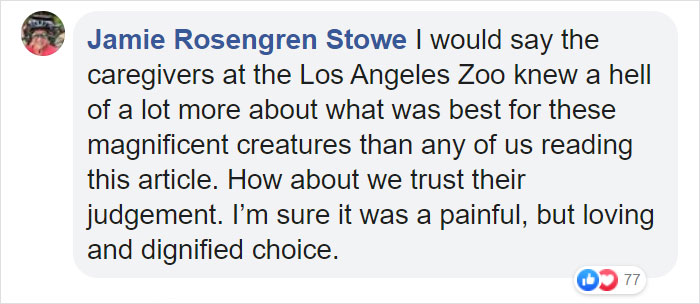

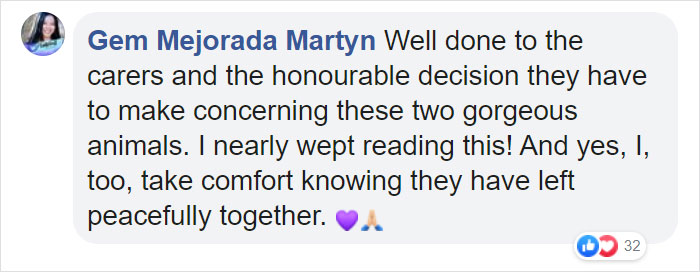
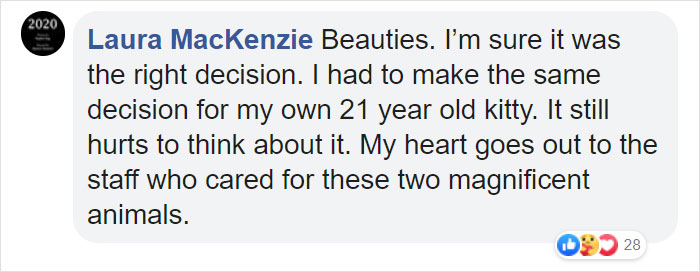












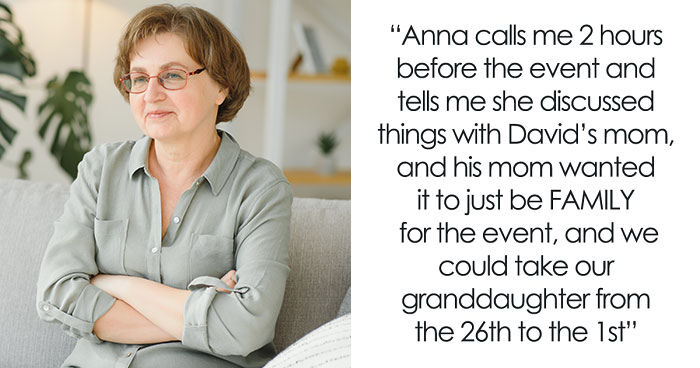


































404
62